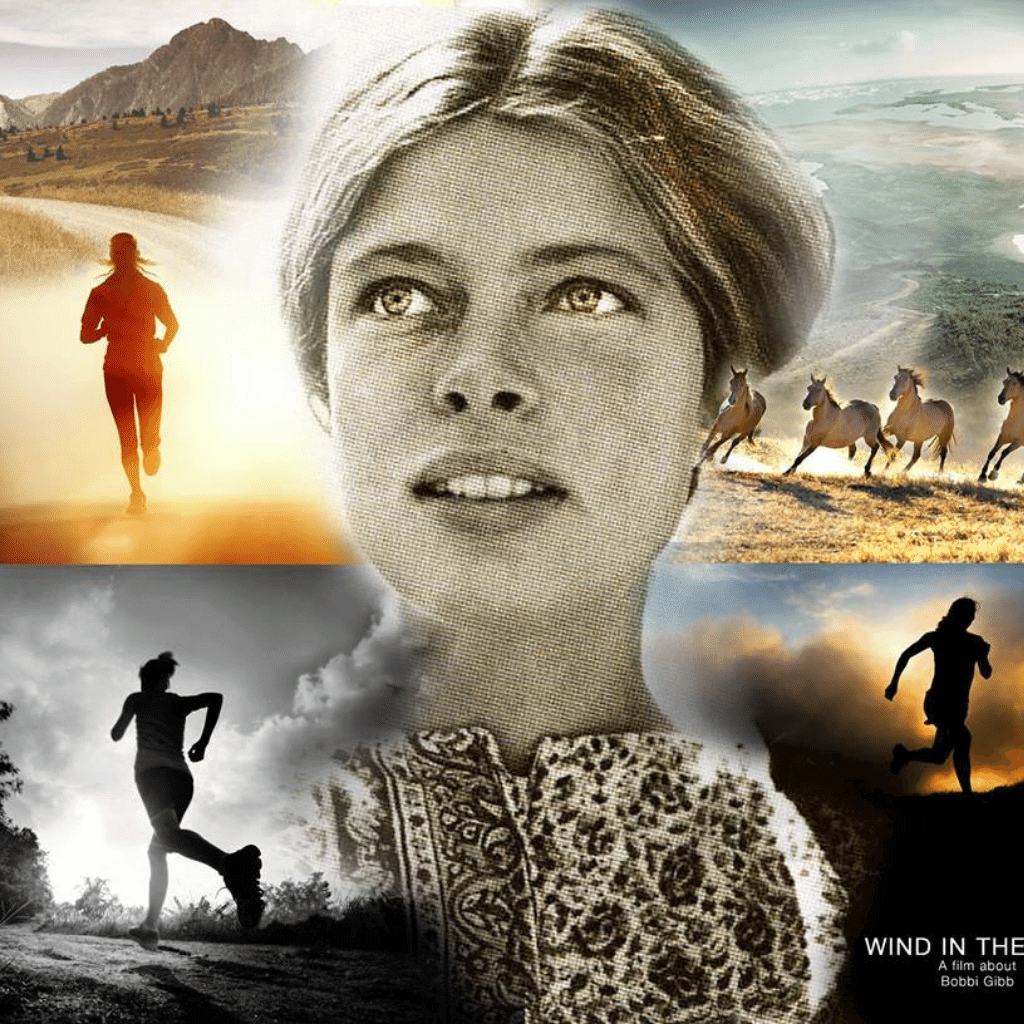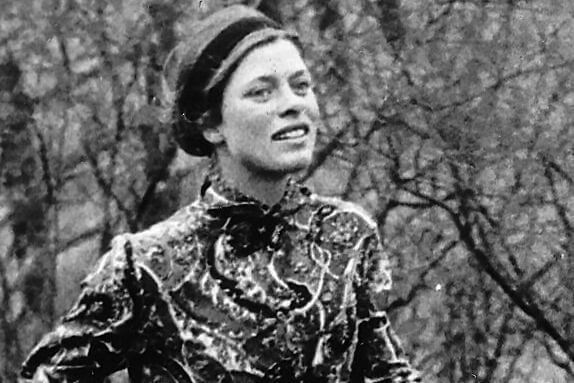
Bobbi Gibb is a name that may not be familiar to many people, but she made history in the world of sports by being the first woman to run and complete the Boston Marathon. Her incredible feat in 1966 defied gender barriers and paved the way for women's participation in marathons and other sports.
The Early Years
Bobbi Gibb was born in 1942 in Massachusetts, USA. She grew up in a family of artists and was encouraged to explore her creativity. Gibb had a passion for running from a young age and would often run in the woods near her home. She also enjoyed painting and drawing, and her love for art would eventually inspire her to create her own designs for her marathon outfits.
The Boston Marathon
The Boston Marathon is one of the oldest and most prestigious marathons in the world. In the 1960s, it was a men-only event, and women were not allowed to participate. However, Gibb was determined to run the marathon and began training in secret.
In 1966, Gibb arrived in Boston wearing a hoodie and Bermuda shorts, with her hair tied back in a ponytail. She applied for entry to the marathon but was denied because she was a woman. Undeterred, Gibb decided to run the marathon anyway, without an official bib number. She hid in the bushes near the start line and waited for the other runners to start before joining them on the course.
Gibb's run was not easy. She faced harassment from some of the male runners and was almost pulled off the course by race officials. However, she persevered and completed the marathon in just under 4 hours and 20 minutes.
The Aftermath
Gibb's incredible achievement in the Boston Marathon made headlines around the world. She had defied gender barriers and proved that women were just as capable as men when it came to running marathons.
However, not everyone was supportive of Gibb's run. Some people criticized her for breaking the rules and argued that women were not physically capable of running such a long distance. Despite the backlash, Gibb's run had a significant impact on the world of sports.

The Legacy of Bobbi Gibb
Gibb's run in the Boston Marathon was a turning point for women's sports. In the years following her historic run, more and more women began participating in marathons and other sports. The Boston Marathon officially allowed women to participate in 1972, and Gibb ran the marathon again that year, this time with an official bib number.
Gibb's legacy extends far beyond the world of sports. She is a symbol of perseverance, determination, and breaking down barriers. Her run in the Boston Marathon showed that anything is possible if you have the courage to pursue your dreams, no matter how impossible they may seem.
The Importance of Trailblazers
Bobbi Gibb is just one of many trailblazers who have made a significant impact on society by challenging norms and defying expectations. These individuals inspire us to push beyond our limits and strive for greatness, even in the face of adversity. Trailblazers like Gibb show us that it is possible to break down barriers and create a more inclusive and equitable world for all. As we celebrate the accomplishments of trailblazers like Bobbi Gibb, it is important to recognize that there is still much work to be done in terms of gender equality and representation in sports. Women are still underrepresented in many areas of athletics, and gender-based discrimination continues to be a problem in many sports organizations. However, the legacy of trailblazers like Gibb serves as a reminder that progress is possible and that we can all play a role in creating a more inclusive and equitable world. To conclude, Bobbi Gibb's historic run in the Boston Marathon paved the way for women's participation in marathons and other sports. Her determination, perseverance, and courage in the face of adversity serve as an inspiration to all of us. Gibb's legacy continues to inspire us to challenge norms, break down barriers, and create a more equitable world for all. As we celebrate her achievements, let us also strive to build on her legacy and continue to push for progress in all areas of life.








